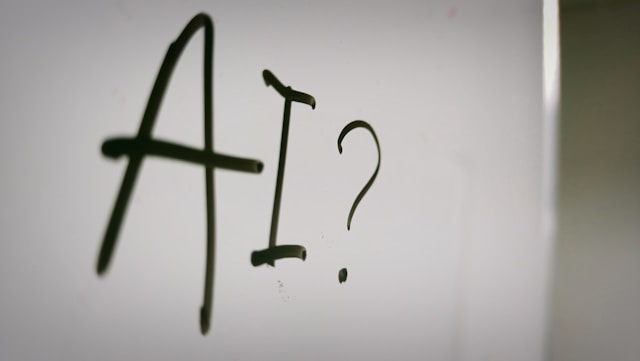A painting that looks like it came from a master’s hand, a poem that tugs at the heartstrings, or a catchy tune that could top the charts these days, you might be surprised to learn they were all made by artificial intelligence. AI creativity is no longer a distant possibility; it’s here, woven into industries from art to advertising. But a big question lingers: is AI truly creative, or is it just mimicking human ingenuity? This article unpacks the psychology, technology, and ongoing debates to find out.
What Does Creativity Mean?
Before we decide whether AI can be creative, we need to define creativity itself. Psychologists often describe it as the ability to produce something both original and useful, with a dash of surprise. In human terms, it’s a mix of imagination, problem-solving, and personal experience.
Some models, like the “Four Cs” framework, break creativity into different levels:
-
Mini-C: Personal, everyday creative acts.
-
Little-C: Small-scale creativity, such as hobbies or personal projects.
-
Pro-C: Professional-level creative output.
-
Big-C: Groundbreaking creativity that changes the world.
The challenge for AI is that these levels aren’t just about results they’re tied to intention, experience, and emotion.
How AI Produces Creative Outputs
AI doesn’t “think” the way humans do. Instead, it learns from vast datasets, spotting patterns and generating new combinations based on what it has seen before. Large language models can write stories or brainstorm ideas; image generators can combine visual styles into fresh designs; music AIs can merge genres to create new sounds. The end results may feel fresh and inspired, but under the hood, the process is a sophisticated remix of existing knowledge.
What Research Suggests About AI Creativity
Strengths
AI has shown it can outperform humans in certain creative challenges like generating large volumes of ideas quickly or producing unexpected visual designs. It can offer unusual perspectives, suggest directions humans might overlook, and act as a catalyst for inspiration. In some tests, AI-generated content has even been rated as equally creative as human work by unsuspecting judges.
Limitations
Despite these abilities, AI lacks self-awareness, emotional depth, and intrinsic motivation. It doesn’t create because it “wants to” or because it’s moved by a personal experience it creates because it was asked to, following patterns it has learned. This means that while the output can be impressive, the process is fundamentally different from human creative thinking.
Collaboration Benefits
Some of the most promising results come from pairing human and AI efforts. Writers use AI for brainstorming, designers use it to test multiple styles quickly, and educators use it to help students explore creative possibilities. In these partnerships, AI becomes a tool to expand human imagination rather than replace it.
Arguments That AI Is Creative
-
Novelty: AI can produce surprising results that its programmers didn’t explicitly plan.
-
Adaptability: It can work across domains art, writing, design adapting styles and combining influences.
-
Inspiration Source: Many creatives credit AI with pushing them to explore ideas they wouldn’t have considered alone.
Arguments That AI Isn’t Truly Creative
-
No Conscious Experience: Creativity is often tied to emotions, memories, and personal meaning things AI does not possess.
-
Data Dependence: Without human-generated material to learn from, AI cannot produce new ideas.
-
Shallow Originality: While the surface may look new, the core patterns often repeat or rely heavily on preexisting work.
The Middle Ground: AI as a Creative Partner
Most experts see the future not as a battle between human and machine creativity, but as a collaboration. AI can handle repetitive tasks, generate multiple variations, and help refine ideas. Humans bring emotional context, ethical judgment, and a sense of purpose. Together, they can achieve more than either could alone.
Conclusion
So, is AI creative? The answer depends on how you define the term. If creativity is judged solely by novelty and usefulness, then yes AI qualifies. If it requires emotional intent and conscious thought, then not yet. What’s clear is that AI is transforming how we approach the creative process. It may not replace human imagination, but it can amplify it, offering new tools and perspectives for those willing to explore its potential.

